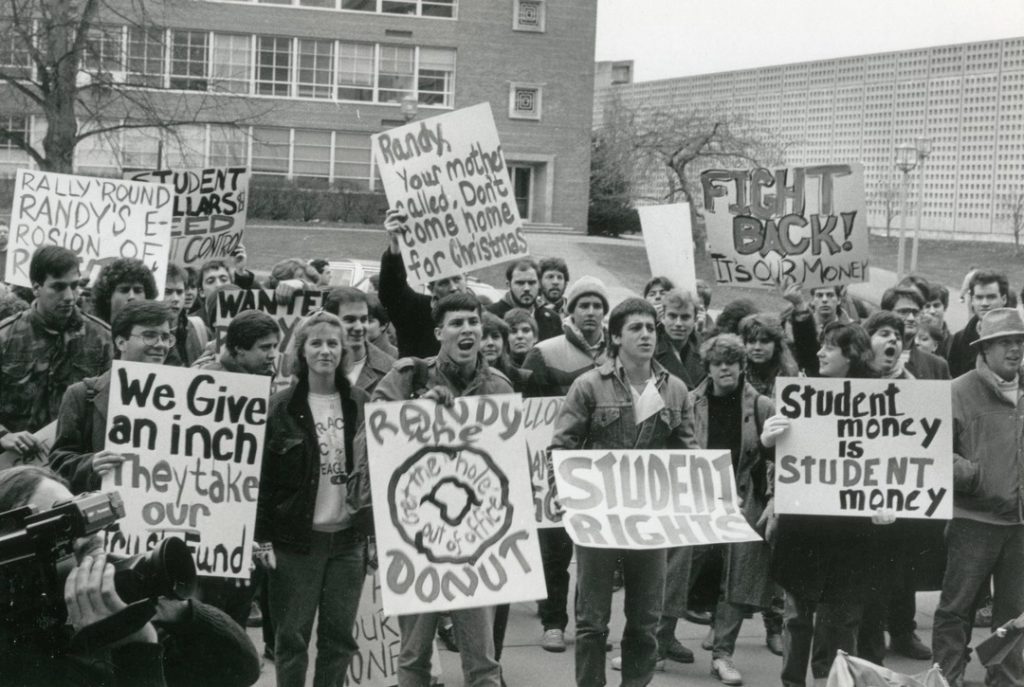International Students Face Silent Visa Cancellations in U.S.
A Shocking Discovery at UMass Amherst

In the quiet college town of Amherst, Massachusetts, a storm brews for international students at the University of Massachusetts. Without warning, several students discovered their visas revoked by U.S. Immigration and Customs Enforcement (ICE) in early 2025. Consequently, the university, a hub for global scholars, learned of these cancellations not through official channels but by checking a federal database. This unsettling trend, moreover, extends beyond Amherst, touching campuses across the nation, where students now grapple with uncertainty and fear. For this reason, the lack of transparency from federal authorities has left universities scrambling to support their students, raising questions about fairness and the future of international education in America.
At UMass Amherst, Chancellor Javier Reyes shared the troubling news with the campus community. Specifically, five students, whose identities remain private for their safety, had their legal status to study in the U.S. abruptly terminated. The university, surprisingly, only uncovered this through proactive checks in the Student and Exchange Visitor Information System (SEVIS), a database tracking international students. No letter arrived, no call came, and no explanation followed from ICE. As a result, for these students, the revocation meant more than paperwork; it shattered plans for degrees, careers, and lives built in the U.S. For example, one student, a science major from Asia, had spent years working toward a graduate degree, only to face leaving overnight. Another, studying humanities, wondered how a minor traffic ticket could unravel their American dream.
A Nationwide Crisis Unfolds
The ripple effect spreads far beyond Massachusetts. In fact, universities like Harvard, Tufts, and Boston University report similar cases. At Harvard, for instance, three undergraduates and two recent graduates learned their visas were void during a routine records review. Similarly, Tufts confirmed a graduate student’s detention by ICE, linked to an op-ed she wrote, though no formal charges followed. Boston University, likewise, noted a handful of students affected, with no clear reason provided. Across the country, Arizona State, Cornell, and the University of Oregon tally their losses, each case marked by the same eerie silence from federal authorities. In total, dozens of students face deportation orders, often with mere hours to pack up their lives.

Why this sudden crackdown? Unfortunately, no official statement clarifies the motives. Some speculate, however, it ties to broader immigration policies under the current administration, which has scrutinized international students with renewed intensity. Others, meanwhile, point to minor infractions—like traffic violations or dismissed charges—triggering outsized consequences. For instance, an immigration attorney in Northampton shared stories of students losing visas over incidents as trivial as a parking ticket or a misunderstanding at a protest. Nevertheless, no consistent pattern emerges. The countries of origin vary, and many affected students have no record of activism or legal trouble. Therefore, this unpredictability fuels anxiety on campuses, where international students check their status daily, fearing they’ll wake up to an email ordering them to leave.
Personal Stories, Profound Impacts
For students, the stakes are deeply personal. Consider Priya, a fictional name for a real UMass student from India. She arrived in Amherst three years ago, drawn by its renowned engineering program. She worked late nights in labs, tutored undergraduates, and dreamed of a career in renewable energy. Then, unexpectedly, an email from ICE arrived, stating her visa was revoked. No reason was given, and no appeal process was outlined. Consequently, Priya contacted the university’s Office of Global Affairs, which offered legal referrals but little clarity. Her peers, in response, rallied, holding a small protest outside the student union, demanding answers. Yet, Priya faces a deadline to leave, her research unfinished, her future uncertain.
Universities Fight Back
Universities, caught off guard, strive to respond. At UMass Amherst, for example, administrators connect affected students with legal aid, counseling, and emergency funds through the Angel Emergency Fund. Chancellor Reyes, himself a former international student, emphasized the campus’s commitment to its global community. Furthermore, he’s working with the Massachusetts Attorney General to explore options, though federal authority limits their power. Other schools, similarly, follow suit. Harvard’s International Office provides legal referrals, while Tufts advocates for its detained student. However, without communication from ICE, administrators feel like they’re navigating in the dark, checking SEVIS daily for new casualties.
A Threat to Academic Communities
The broader impact looms large. International students contribute billions to the U.S. economy and enrich academic environments with diverse perspectives. At UMass Amherst alone, over 2,600 graduate students hail from 101 countries, making up a third of the graduate population. Losing them, therefore, risks not only cultural vibrancy but also research output and innovation. Faculty worry about projects stalling; students fear their communities fracturing. For instance, a graduate student, speaking anonymously, described the campus mood as chaotic, with peers constantly scanning news for updates, unsure who’s next.
Critics argue this approach undermines due process. Immigration experts note that past administrations allowed students time to resolve visa issues or complete studies before departure. Now, by contrast, revocations hit swiftly, sometimes within hours. The American Council on Education, as a result, sent a letter to the Department of Homeland Security, seeking answers, but received no reply. Meanwhile, students like Priya wait, their lives on hold. Some consider transferring to universities abroad, though that means starting over. Others hope for legal intervention, a slim chance given the speed of deportations.
An Uncertain Future
As spring unfolds in Amherst, the campus buzzes with typical student life—lectures, coffee runs, study groups. Beneath it, however, a current of unease runs strong. International students, once welcomed as vital to the university’s mission, now feel like targets. They check their emails with dread, avoid minor risks like jaywalking, and lean on each other for support. Universities pledge to fight for them, but the federal government’s silence leaves little room for optimism. For now, therefore, these students hold tight to their dreams, hoping clarity comes before their time runs out.

